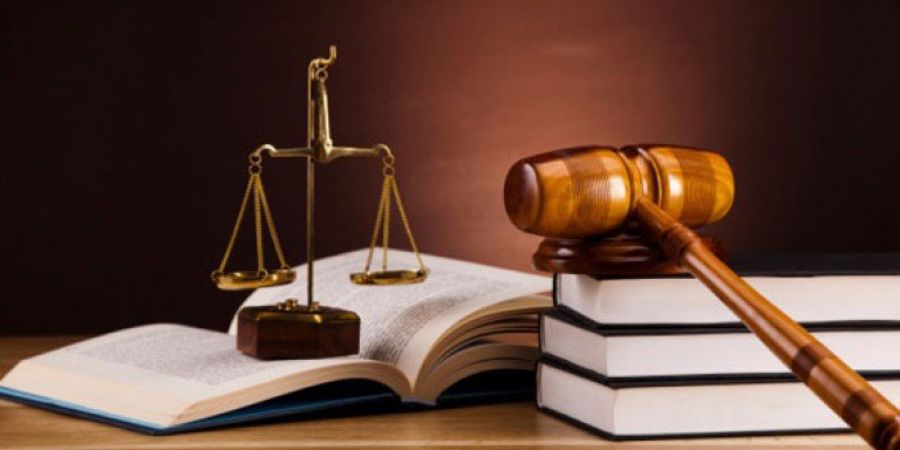

Judiciary has a crucial role in the smooth functioning of Indian democracy. India, being the world's largest democracy, is known for its judiciary being highly impartial, independent of the authorities and most importantly following Sir William's principle - “It is better than ten guilty people escape than one innocent suffer”. Historically, India has been the place of innumerable castes and religions of people. They preferred to live in a variety of customs, eating habits, geographical landforms and climatic conditions. Providing a fair, impartial judiciary, irrespective of the rich, poor, racial and religious domains.
The constitution of India clearly mentions that the judiciary in India should be independent. Every person is equal in the eyes of law but if he/she violates the law, a particular set of fixed procedure is to be followed. In our country, there are three different level of courts - District level, High level and the Supreme Court. Every citizen has the right to appeal to the higher level court if it seems the judgement by the lower level is not justified.
There is conflict between the judiciary and the executive over the appointment of judges in the Supreme Court and various high courts. At present, it is a matter of great concern regarding the appointment of ad-hoc judges in high courts. The appointment of ad-hoc judges has huge vacancy to fill on which no affirmative action has been taken for resolution of pending cases. If we talk about the statistics then as per the data, there is backlog of more than 57 lakh cases and vacancy level of 40%. Whereas the Madras high court has 5.8 lakh cases against the relatively low level of vacancies at 7%. There are 44% vacancies in the Calcutta high court, through this data, we can understand that there are huge cases pending and no action has been taken on them due to non- availability of judges.
Media, considered to be the fourth pillar of Indian democracy, at times placing an ongoing matter in public domain can positively or sometimes negatively affect the process of the case. But media dilutes the political and money power used to influence the victim by putting the matter and every activity in the public domain. It works in favour of poor people seeking justice who may not afford a highly professional lawyer to their case. For example the case of “Jessica lal murder case" where the accused belonged to a politically powerful family was finally punished for his crime.
















